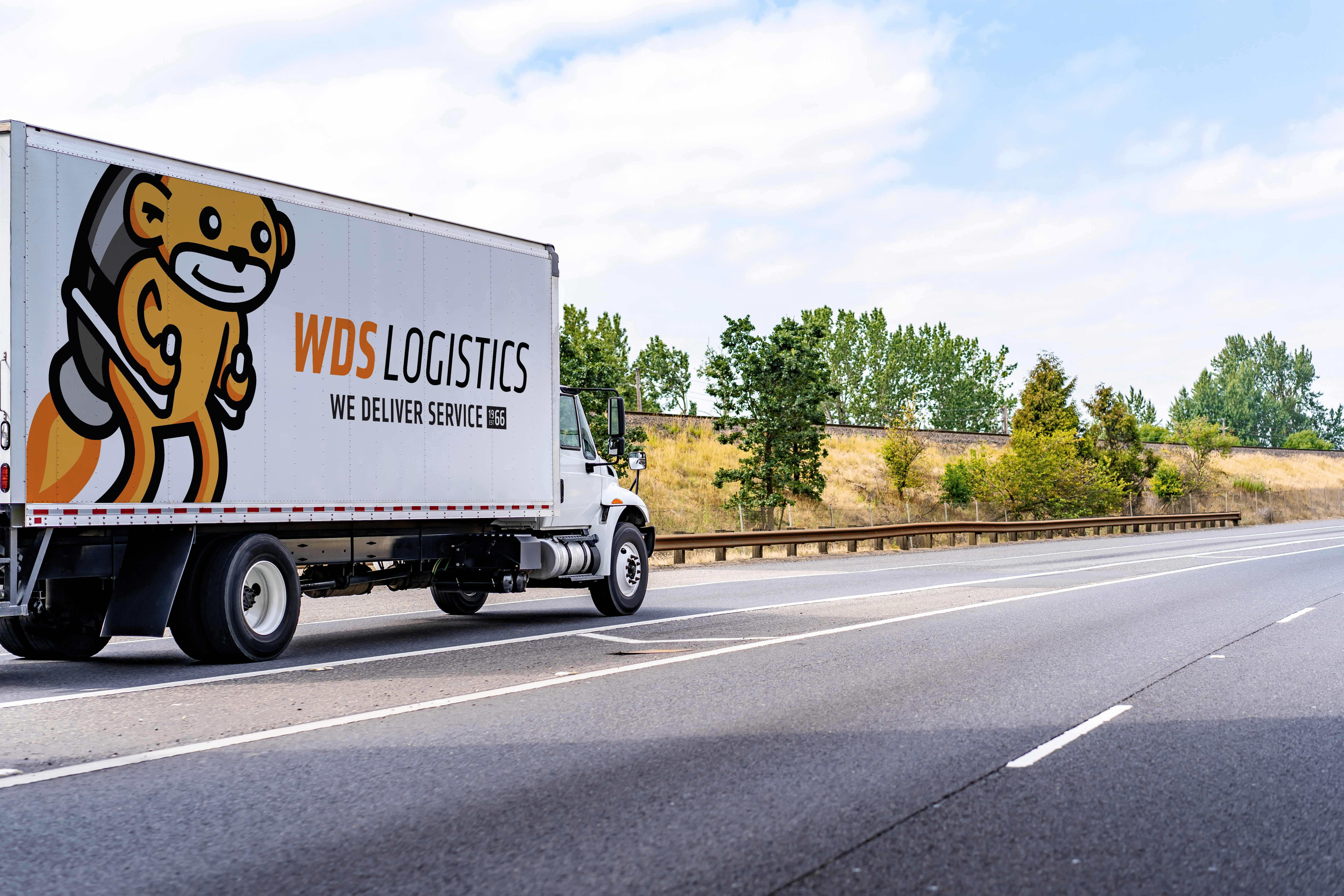
Selecting the right logistics partner is crucial for businesses aiming to maintain efficient supply chains and meet customer expectations. Whether you’re a small business owner or a large corporation, the logistics company you choose can significantly impact your operations, costs, and customer satisfaction. This guide will walk you through the essential factors to consider when choosing a logistics company, ensuring you make an informed decision that aligns with your business needs.
1. Assess Your Specific Logistics Needs
Before evaluating potential logistics partners, it’s vital to understand your own requirements. Consider the following:
- Type of Goods: Are you shipping perishable items, hazardous materials, or oversized products? Different goods may require specialized handling and transportation.
- Volume and Frequency: Determine how much and how often you need to ship. This will influence the scale and flexibility required from your logistics provider.
- Destinations: Are your shipments local, national, or international? Ensure the logistics company has the necessary reach and capabilities.
- Special Services: Do you need services like warehousing, inventory management, or reverse logistics? Identifying these needs upfront will help in selecting a provider that offers comprehensive solutions.
2. Evaluate the Company’s Experience and Expertise
Experience in the logistics industry often translates to reliability and efficiency. Consider the following:
- Industry Experience: Has the company worked with businesses similar to yours? Industry-specific experience can be invaluable.
- Track Record: Look into the company’s history regarding on-time deliveries, handling of goods, and customer satisfaction.
- Certifications and Compliance: Ensure the company complies with relevant regulations and holds necessary certifications, especially for specialized shipments.
3. Analyze Technology and Infrastructure
Modern logistics relies heavily on technology for tracking, communication, and efficiency. Evaluate the following:
- Tracking Systems: Does the company offer real-time tracking of shipments? This transparency can enhance trust and allow for proactive issue resolution.
- Integration Capabilities: Can their systems integrate with your existing platforms for seamless data exchange?
- Infrastructure: Assess the company’s warehousing facilities, fleet size, and transportation modes to ensure they can handle your logistics needs.
4. Consider Customer Service and Communication
Effective communication is key to a successful logistics partnership. Consider:
- Responsiveness: How quickly does the company respond to inquiries or issues?
- Dedicated Support: Is there a dedicated account manager or support team for your business?
- Problem Resolution: Understand their process for handling delays, damages, or other issues that may arise.
5. Review Cost and Value
While cost is a significant factor, it shouldn’t be the sole determinant. Evaluate:
- Pricing Structure: Is the pricing transparent, and are there any hidden fees?
- Value-Added Services: Do they offer additional services that can save you time or money in the long run?
- Cost vs. Service Quality: Balance the cost against the quality and reliability of services offered.
6. Assess Scalability and Flexibility
Your logistics needs may evolve over time. Ensure the company can adapt by considering:
- Scalability: Can they handle increased volumes during peak seasons or business growth?
- Flexibility: Are they adaptable to changes in delivery schedules, routes, or service requirements?
7. Check References and Reviews
Gather feedback from other clients to gauge the company’s reputation:
- Client Testimonials: Request references from current or past clients, especially those in your industry.
- Online Reviews: Look for reviews on independent platforms to get unbiased opinions.
- Industry Reputation: Research any awards, recognitions, or memberships in professional organizations.
Choosing the right logistics company is a strategic decision that can significantly impact your business’s efficiency and customer satisfaction. By thoroughly assessing your needs and evaluating potential partners based on experience, technology, customer service, cost, scalability, and reputation, you can establish a logistics partnership that supports your business goals and growth.
For businesses seeking a reliable and experienced logistics partner, WDS Logistics offers logistics solutions tailored to meet diverse needs. With a commitment to excellence and customer satisfaction, WDS Logistics stands ready to support your logistics requirements.


